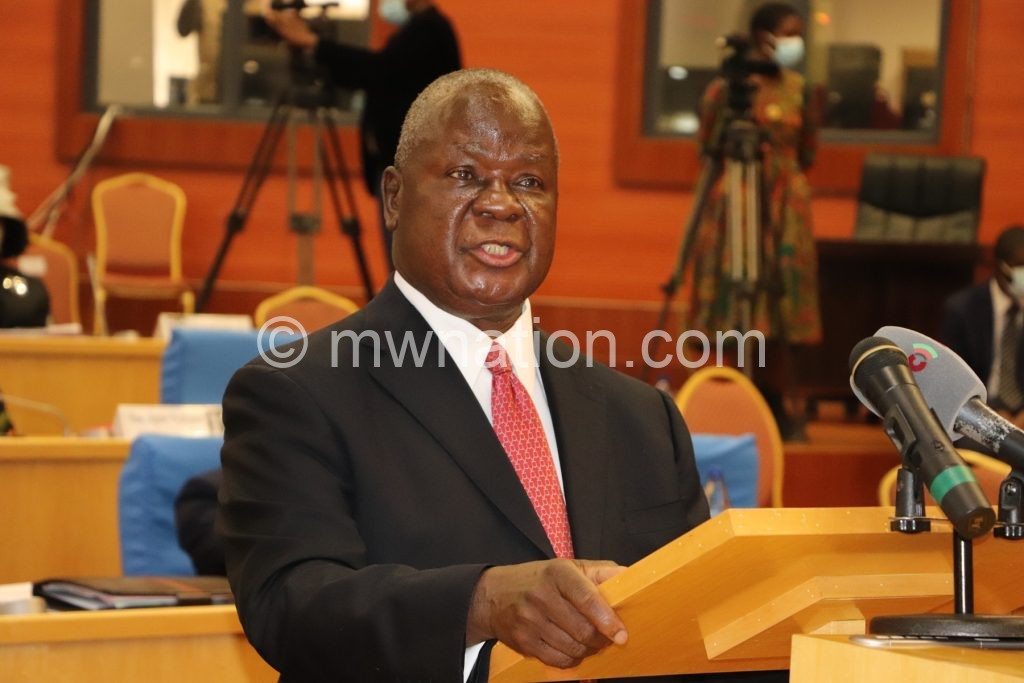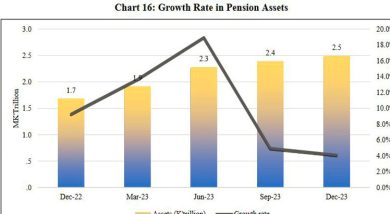Finance landmark projects, economists tell Treasury
Economists have urged Treasury to ensure that the 2022/23 National Budget has money to finance landmark projects enshrined in the Malawi 2063 (MW2063), the country’s long-term development plan.
In separate interviews yesterday, the economists believe a balancing act between other recurrent transactions and capital or development budget is necessary to ensure sustainable development.
Economist Milward Tobias, who is executive director of Centre for Research and Consultancy, said the country has implemented several budgets, but every time there is a poverty survey, the outcome is more or less the same.
He said this means that the government is financing wrong things that do not address poverty and wealth creation.

Tobias said: “The budget framework needs to change completely and it is possible to change the budget framework.
“For as long as we are financing the same things year, in year out, we should not expect any different result on the ground.”
He cited the implementation of mega farms, one of the campaign promises of the Tonse Alliance, saying it can transform the agriculture sector and create jobs.
Tobias said the MW2063 has a pillar on building human resource capital for socio-economic development, as such, government should consider allocating more resources to institutions of higher learning to boost human capital development.
Malawi University of Business and Applied Sciences associate professor of economics Betchani Tchereni said the 2022/23 National Budget is the second to incorporate Malawi’s second long-term national development plan.
He said: “Expectations are high that we are going to see some activity. We have spent the first year of the Malawi 2063 doing nothing about implementation of the vision.
“We are hoping that as we are entering year two, we are going to see more implementation than continued planning and talking.”
In the current financial year, government allocated 26 percent of the funds to the development budget.
The development budget at K570.8 billion is at least six percentage points above the previous fiscal year’s K511.2 billion.
Experts said the increase in development spending could signal a shift towards productive spending rather than the consumption-centric budget that have characterised spending over the years.
Minister of Finance Felix Mlusu is currently formulating the 2022/23 budget after soliciting views from various stakeholders during pre-budget consultations in December.





